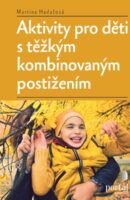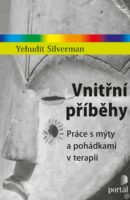Tapfumanei Kusemwa, Pius T. Tanga
Medailon autorů:
Tapfumanei Kusemwa is a Social Work PhD candidate with the University of Fort Hare South Africa. He is a holder of Bsc Honours in Social Work (University of Zimbabwe), Master’s in social work (University of Fort Hare) and Master’s in public policy and governance with Africa University in Zimbabwe. He is currently reading for a PhD in Social Work with the University of Fort Hare.
Pius T. Tanga is a Social Work Professor and Deputy Dean with the school of social work at the University of Fort Hare, in South Africa. He is published author with interest in areas related to social work and migration and social protection.
Anotace:
The research was guided by the following OBJECTIVES: To explore the narratives/experiences of the women victims of trafficking in Harare, Zimbabwe; to assess the socio- economic and psychological coping strategies employed by women Victims of human trafficking and, to establish the social protection measures taken to reintegrate women Victims of human trafficking in Zimbabwe. The THEORETICAL BASE employed in this study was the hermeneutic phenomenological theoretical background aimed at understanding the hidden meanings and the essences of the trafficking rescue and integration experience. METHODS: The research adopted a qualitative research design and a purposive sample of twelve Victims of trafficking and eighteen key informants. Semi-structured interviews and focus were used to gather data. The data was analysed using the concept-modelling approach. The OUTCOMES of the research noted that trafficked women reported experiencing job losses, failure to get jobs, and delays in salary payment. The reasons for being trafficked included the loss of parents/breadwinners, and vulnerabilities emanating from divorces. Upon reintegration in the community victims reported facing stigma, blame and stereotyping. The SOCIAL WORK IMPLICATIONS are discussed along four areas: social work training, policy advocacy, social norms change and families and social work research.
Klíčová slova:
forced migration, human trafficking, women victims, community empowerment
s. 78–92






